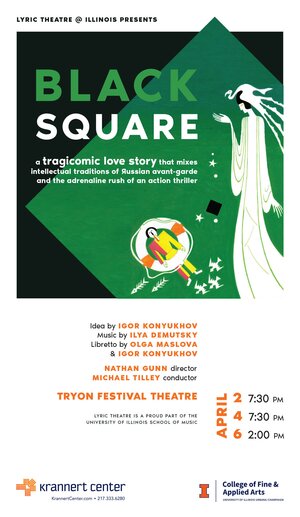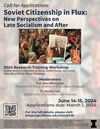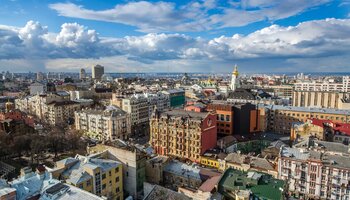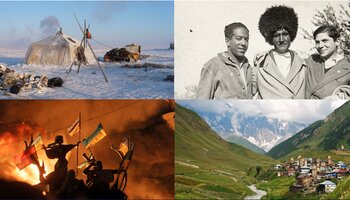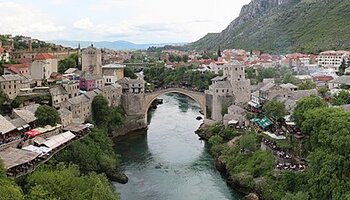Russian, East European, and Eurasian Center
REEEC at Illinois
The Russian, East European, and Eurasian Center is home to a wide variety of programs for members of the university community and the general public designed to expand understanding of and promote knowledge about Russia, and the countries of Eastern and Central Europe, the Balkans, the Caucasus, and Central Asia. REEEC receives major support for programming and FLAS fellowships through the U.S. Department of Education through its Title VI program, for which REEEC serves as a designated National Resource Center.
Featured News
- Prof. Buchanan is one of fifteen talented scholars from Eastern Europe and North America convening for a two-week residency hosted by the American University in Bulgaria The University of Illinois Urbana-Champaign is... Read full story Donna Buchanan Named to Participate in 2024 Summer Institute for the Study of East Central and Southeastern Europe
- On April 2, the Lyric Theatre @ Illinois presents the highly anticipated academic world premiere of Black Square. An absurdist fable commemorating the October Revolution, Black Square is, as described by its creators, “a tragicomic love story that mixes intellectual traditions of... Read full story Unveiling Black Square: Behind the Scenes with the Creative Team
- Note: The courses listed below are not an exhaustive list of courses being offered on the REEE region. Please see course explorer for additional classes. *Check with Advisor or FLAS Coordinator whether the course will fulfill area studies course requirements Area Studies... Read full story Fall 2024 Courses with Russia, East Europe, and Eurasian Content
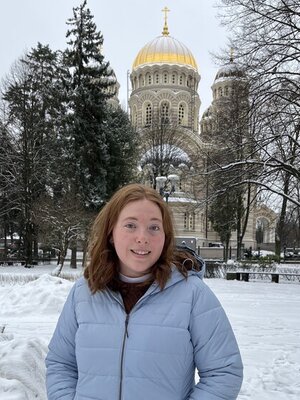
M.A. REEES/M.S. LIS Student Profile: Sonia Kelly
Sonia Kelly is a first-year student in the dual M.A. in Russian, East European, and Eurasian Studies/M.S. in Library and Information Science program and a 2023-2024 REEEC FLAS fellow, studying Russian. She also works with e-resources in the Main Library's Acquisitions and Cataloguing Services. Before coming to UIUC, Sonia received her B.A. in History (TESOL minor) jointly from the College of William & Mary and the University of St Andrews (Scotland), studied Russian in Daugavpils, Latvia, and worked in Washington, D.C. at an international education nonprofit.
More News
- 2024-01-22 - Call for Applications: 2024 Research Training Workshop At the Summer Research Laboratory on Russia, Eastern Europe, and Eurasia University of Illinois Urbana-Champaign June 14-15, 2024 Moderators: Professor Anna Whittington (Department of History, University of Illinois Urbana-Champaign) Dr. Nataliia Laas (Yale Jackson School of Global Affairs) ...
- 2023-12-19 - REEEC joins the U.N. Human Rights Council (HRC) in Geneva and the United States government in expressing extreme concern about the dire humanitarian and human rights crisis impacting the Armenian residents of Nagorno-Karabakh and those who have fled the region. In its ...
- 2023-12-15 - REEEC faculty affiliate David Cooper (Associate Professor of Slavic Languages & Literatures, University of Illinois) was recently featured by the University of Illinois News Bureau in an article by Jodi Heckel. Read more about Professor Cooper's recent book, "The Czech Manuscripts: Forgery, Translation, and National Myth" (Cornell University Press), and how it investigates the role of...

